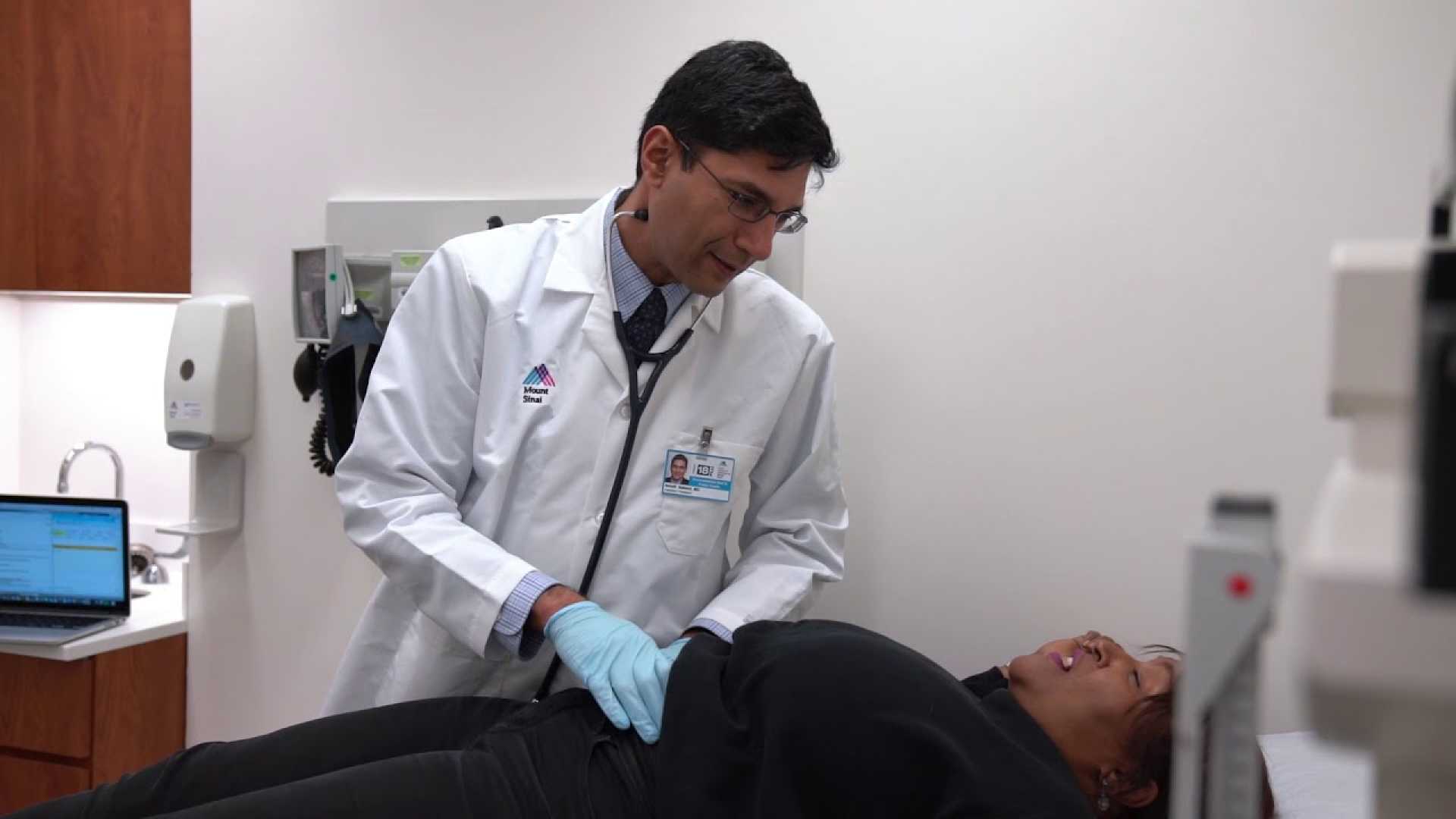News
World Trade Center Health Program Faces Crisis Amid Certification Freeze

NEW YORK, NY — The World Trade Center Health Program is currently unable to provide necessary medical treatment to its patients due to a freeze on new illness certifications, according to Dr. David Prezant, the program’s director.
This week, a firefighter diagnosed with life-threatening pancreatic cancer was informed that his chemotherapy had been postponed, alongside two others who received new cancer diagnoses. “He’s too young for Medicare, and this delay may cost him his life,” Prezant stated.
The federally funded program was established to care for responders and survivors who suffered health issues from the events of September 11, 2001. However, an internal email, shared with ABC News, indicated that staff have been directed not to process any new certifications, leaving many patients without the treatments they desperately need.
To access care, responders or survivors must enroll in the program and have their illness certified as related to 9/11 exposure. The certification process requires clinics to submit medical evidence like biopsy results, and treatment cannot begin until the program approves the certification.
Dr. Prezant noted that a secure federal website previously used to track approvals has removed the certification tab. The program is also unable to enroll new members or approve critical treatments such as chemotherapy and lung transplants.
This crisis stems from significant staffing cuts and budget issues, exacerbated by inflation. Sixteen healthcare workers were laid off in early April, representing a 20% reduction in staffing. This followed a previous round of layoffs in February that saw backlash from both parties, yet the rehires did not include the most recent cuts.
Furthermore, Dr. John Howard, the longstanding program director, was removed in February but later rehired; however, uncertainty remains regarding his full reinstatement, raising additional operational challenges. An advocacy group, Citizens for the Extension of the James Zadroga Act, indicated that without a fully reinstated administrator, the program cannot function effectively.
Under emergency approvals, clinics had been permitted to treat patients while awaiting formal certification. However, this workaround was shut down this week, highlighting the disruption caused by the unresolved leadership status.
“Without formal certification, treatment for new conditions cannot proceed,” Prezant emphasized. This has left more than 150,000 program participants, an increase from around 76,000 in 2015, facing uncertainty. A bipartisan funding bill, HR 1410, aimed at closing the budget shortfall, is currently stalled in Congress.
“We don’t decide who qualifies,” stated Prezant, underscoring that the federal program’s criteria are designed to prevent fraud. More than 86% of program patients are alive five years post-cancer diagnosis, compared to 66% among those not enrolled.
As patients across all 50 states are turned away from care, Dr. Prezant urged, “No one is asking for anything more than what was promised under the law. We just want the federal government to honor that promise before more lives are lost.” ABC News attempted to reach the Department of Health and Human Services for comments but did not receive a response. A spokesperson earlier stated that the program continues to accept new enrollment applications and certification requests.












